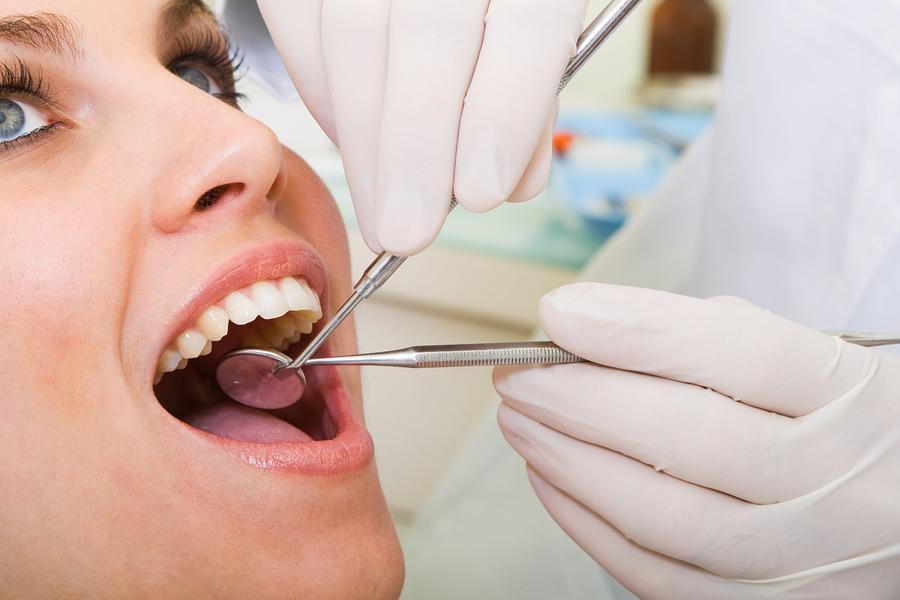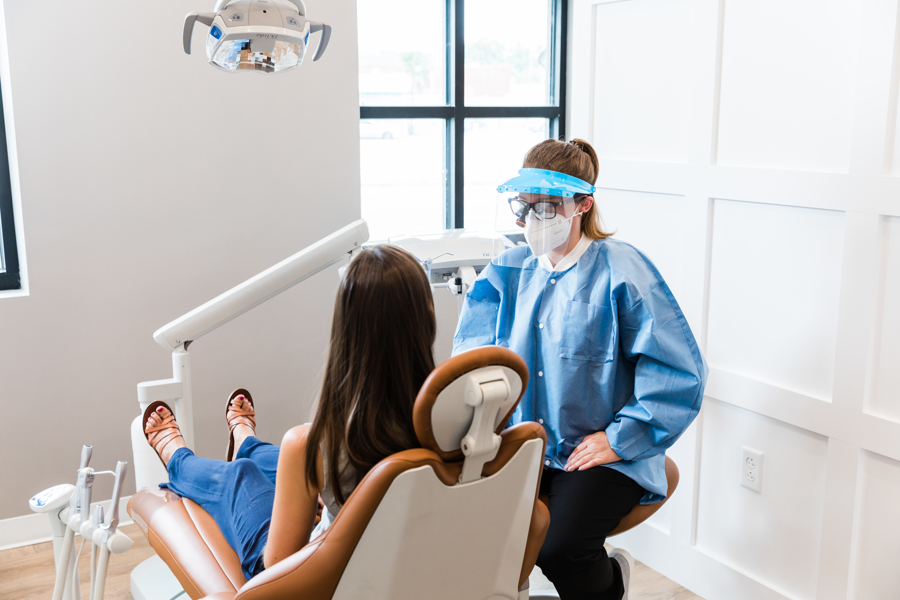What to Get out of Your First Visit to a Dentist in Eugene Oregon
What to Get out of Your First Visit to a Dentist in Eugene Oregon
Blog Article
Discover Frequent Oral Concerns Your Dental Practitioner Can Solve
Comprehending frequent oral problems is critical for preserving optimum dental wellness. Concerns such as dental caries, gum tissue illness, tooth sensitivity, halitosis, and dental cavity prevail yet frequently ignored up until they become severe. Dental practitioners possess the experience to diagnose and treat these problems, consequently avoiding further issues. Routine oral sees and personalized care strategies can address these issues successfully, making sure a healthier and brighter smile. But what specific therapies do dental experts employ to deal with these problems, and exactly how can early intervention make a distinction? The response to these questions supply important understandings into securing your dental health.
Dental Caries
Cavities, additionally recognized as oral caries, are a prevalent oral health issue created by the demineralization of tooth enamel due to acid manufacturing from microbial plaque. This procedure starts when microorganisms in the mouth metabolize sugars and starches from food, generating acids that deteriorate the enamel. If not addressed quickly, this disintegration can penetrate much deeper into the tooth, impacting the dentin and eventually the pulp, potentially bring about extreme pain and infection.
The onset of tooth cavity formation often present as white spots on the tooth surface, suggesting initial demineralization. As the procedure proceeds, these spots can establish into brownish or black lesions, signifying more extensive degeneration. Regular dental check-ups are critical for early discovery, as tooth cavities in their inceptive phases can be treated with remineralization strategies, such as fluoride therapies.
Dental professionals usually get rid of the decayed section of the tooth and fill up the tooth cavity with materials such as composite material, amalgam, or ceramic. Preventative actions, including excellent oral hygiene methods and nutritional alterations, play a critical duty in reducing the threat of cavities.
Gum Tissue Condition
While tooth cavities represent a considerable issue for oral health and wellness, one more vital problem that requires attention is periodontal disease. Additionally referred to as gum illness, gum tissue condition is an inflammatory problem affecting the tissues bordering and sustaining the teeth. It is primarily brought on by the build-up of plaque-- a sticky movie of microorganisms that bases on teeth.
Gum tissue condition progresses with phases, starting with gingivitis, characterized by soreness, swelling, and hemorrhaging gum tissues (dentist eugene or). If left untreated, gingivitis can rise to periodontitis, where the inner layer of the periodontal and bone retreat from the teeth, creating pockets that come to be contaminated. In time, the toxic substances produced by the bacteria break down the bone and connective cells that hold teeth in place, potentially resulting in tooth loss
Very early discovery and treatment are important. Specialist dental cleansings and boosted oral health methods, such as cleaning twice everyday and flossing, can handle gingivitis. For advanced phases, treatments may include scaling and root planing, antibiotics, or perhaps medical interventions.
Normal dental check-ups play a critical role in stopping and handling gum disease. Dental practitioners can identify very early indications and suggest appropriate interventions, guaranteeing the upkeep of healthy gum tissues and total dental health and wellness.
Tooth Level Of Sensitivity
Tooth level of sensitivity click this affects millions of people worldwide, presenting a typical yet usually stressful oral concern. This problem arises when the enamel, the outer safety layer of the teeth, is compromised, revealing the underlying dentin.
Several variables contribute to enamel disintegration and succeeding tooth sensitivity, including hostile cleaning, acidic foods and beverages, periodontal economic crisis, and bruxism (teeth grinding) Additionally, dental treatments such as teeth whitening can momentarily enhance sensitivity.
Foul Breath
An additional prevalent dental concern that affects people' lives is poor breath, clinically termed bad breath. This condition can be especially distressing, impacting individual interactions and self-confidence. Halitosis often stems from bad oral health, which find out here enables food particles to continue to be in the mouth, cultivating bacterial development. These microorganisms create sulfur compounds, bring about unpleasant smells.

Suggestions might include improving oral hygiene techniques, such as routine cleaning and flossing, using anti-bacterial mouth washes, remaining hydrated, and resolving any kind of dental concerns. Reliable administration of bad breath not just improves dental health and wellness however also significantly boosts high quality of life.
Dental Cavity

Protecting against tooth degeneration entails a mix of great dental health methods and regular oral examinations. Brushing teeth a minimum of twice daily with fluoride toothpaste, flossing to eliminate plaque between teeth, and restricting the consumption of sweet foods and drinks are crucial safety nets. Fluoride treatments, oral sealers, and specialist cleansings given by a dentist can likewise play a substantial function in fortifying enamel and protecting against decay.
Dentists can eliminate decayed tissue and restore the tooth with fillings made from products such as composite material, amalgam, or porcelain. By resolving tooth degeneration promptly, dentists assist protect dental framework and feature, making certain long-term oral wellness.
Verdict
Resolving typical dental problems such as cavities, gum tissue illness, tooth sensitivity, halitosis, and tooth degeneration is crucial for preserving optimal dental health and total health. Dental professionals have the expertise to diagnose and deal with these issues effectively, making certain tailored treatment for each client. Regular oral check-ups and precautionary measures are crucial in determining and managing these problems early, promoting a much healthier and a lot more positive smile over a lifetime.

Tooth decay, likewise understood as dental cavities, takes place when the enamel, the outermost layer of the tooth, is worn down by acids created by bacteria in the mouth. Cleaning teeth at the very least two times daily with fluoride toothpaste, flossing to get rid of plaque in between teeth, and restricting the consumption of sugary foods and beverages are important preventative measures.Resolving usual dental worries such as cavities, gum condition, tooth sensitivity, negative breath, and tooth decay is important for keeping ideal dental health and overall health.
Report this page